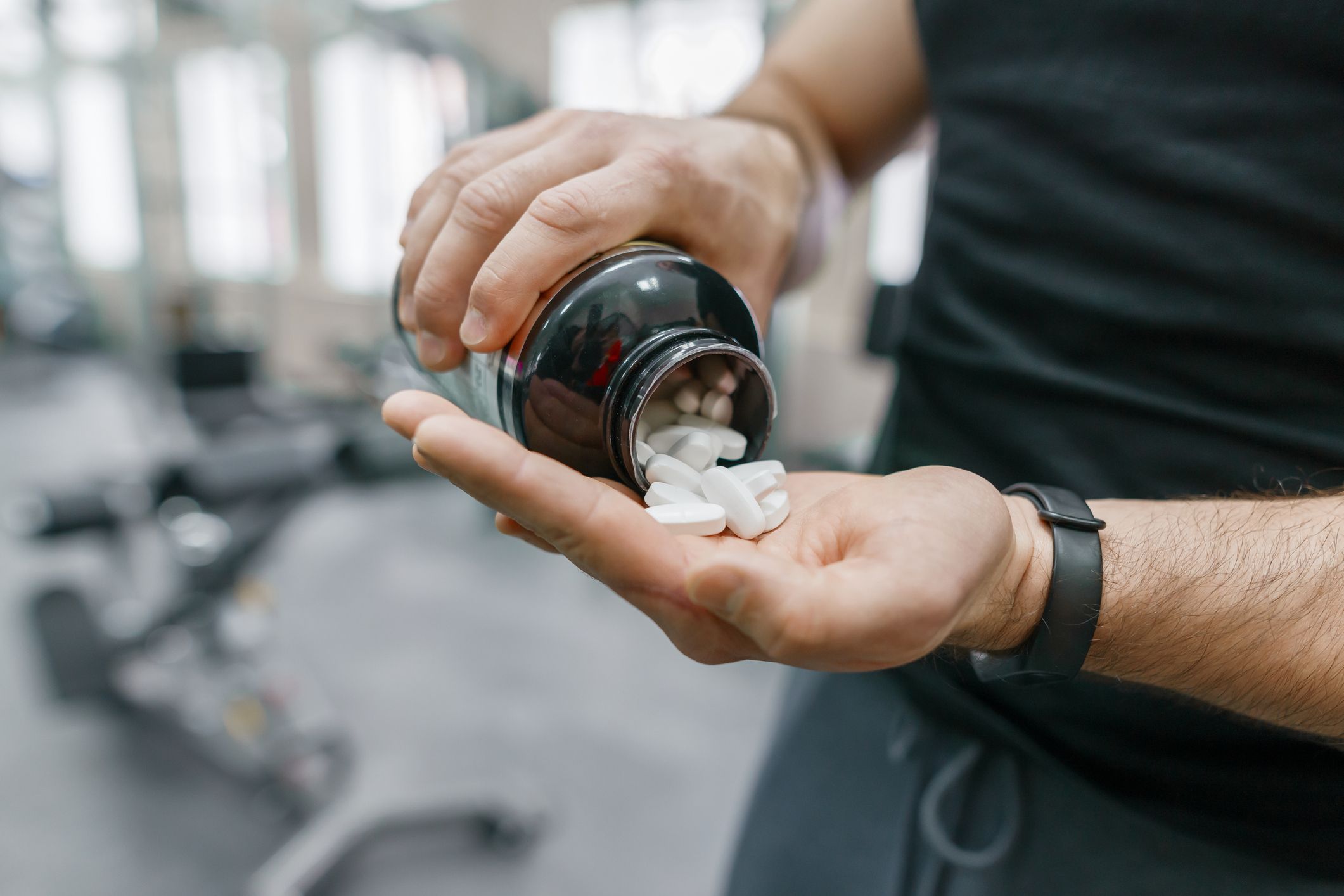Why Inpatient Drug Rehab Centers Work

Did you know? The US government has spent an expected $1 trillion since 1971 to try slow down the destructive impacts of illegal substances and substance addiction.
Table of Contents
What Is Inpatient Drug Rehab?
Inpatient drug rehab centers need patients to live in a specific environment. In inpatient recovery, people get care and support around the clock.
Every inpatient drug recovery focus gives its own arrangement of facilities. Some have shared rooms, while others have individual rooms. Others offer private extravagant suites.
Centers offering inpatient drug recovery programs also set various activities for their patients, for example, wellbeing and craft workshops. The activities differ however, contingent upon the patient’s length of remain and explicit needs.
Most inpatient recovery offices offer family programs also. Here, the patient’s relatives participate in family therapy and other family-related exercises.
Should I Attend (Or Recommend) Inpatient Drug Rehab?
An inpatient drug recovery program is ideal for:
- Someone who joined an outpatient drug recovery program that didn’t work.
- An individual who has dual diagnoses or abused different substances simultaneously.
- A person whose everyday environment (for example living with other people addicted to various substances or with unsupportive relatives) makes it hard for that person to maintain a strategic distance from drugs.
- People with almost no access to outpatient treatment.
What Are The Benefits Of Inpatient Drug Rehab
Inpatient drug rehab has many benefits including:
- Being in a supportive and caring environment.
Inpatient drug recovery programs focus on giving a safe place for patients to recover. The patients are more urged to complete their full treatment too.
- Receiving professional care 24 hours per day.
People are checked every minute of every day in an inpatient office. Patients who may suffer more in the night can get the prompt help they need.
- Avoiding daily-life struggles that may upset recuperation.
Somebody in an inpatient office doesn’t need to manage bills, petty contentions with colleagues/friends/family members, and can avoid the strain from work or school. Also, the patient is away from distractions and triggers.
- Receiving thorough support.
Inpatient drug rehabs focus on offering complete consideration. This implies patients are treated for substance misuse, but are also given the means to deal with co-occurring physical and mental issues too.
How Long Can Inpatient Drug Rehabilitation Take?
An inpatient drug recovery program ranges from a month to a year. Most medication recovery offices offer longer programs that last from 60 to 90 days. The period intensely relies upon the seriousness of the dependence, the presence of a double diagnosis, and whether the individual recently went to recovery or not.
How Much Does Inpatient Drug Rehabilitation Cost?
The expense of inpatient drug recovery solely depends upon the treatment required by a patient, length of stay, and their health insurance. By and large, 60-day and 90-day programs cost $12,000 and $60,000 respectively.
A few territories of the US are more heavily influenced than others. For instance in D.C. in excess of 50 certified addiction treatment programs are accessible, including inpatient drug rehabs.
There are in excess of 30 detox centers, inpatient detox centers in PA.. The issues there are extraordinary and the state is feeling the squeeze.
Maryland pays attention to its local drug problems and takes it quite seriously, as confirmed by the numerous brilliant places available.







